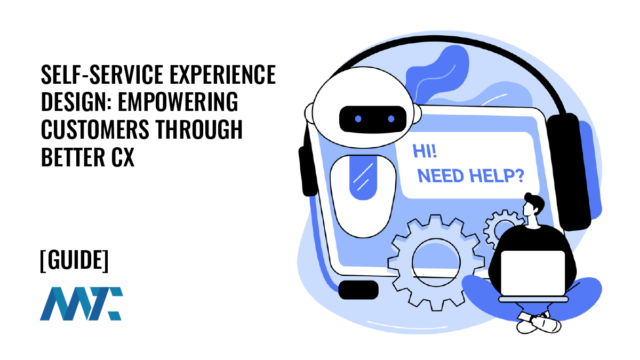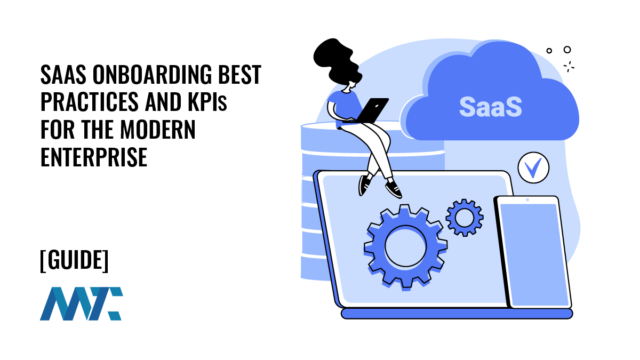How the Pragmatic Framework Empowers Product Marketing Professionals

For product marketing professionals tasked with bridging the gap between product strategy and market execution, the Pragmatic Framework is more than just a methodology—it’s a comprehensive operating system for ensuring product-market fit, driving measurable outcomes, and enabling cross-functional alignment.
Developed and refined by the Pragmatic Institute over three decades, the framework has become the gold standard in product management and marketing circles because it translates abstract strategy into concrete actions.

This article explores how product marketers can apply the Pragmatic Framework to master their craft, boost organizational influence, and lead successful go-to-market efforts.
Table of Contents
Understanding the Pragmatic Framework
At its core, the Pragmatic Framework is a market-driven blueprint that defines the activities necessary to build and market successful products. It is divided into seven categories—Market, Focus, Business, Planning, Programs, Enablement, and Support—which collectively cover every aspect of product and marketing lifecycle execution.
Each category represents a cluster of activities that span both strategic thinking and tactical implementation. For product marketers, the framework serves not only as a guide but as a validation tool, helping prioritize the right activities at the right time.
From Market Insights to Strategic Execution
Product marketers using the framework start by grounding their efforts in real-world data. The Market category focuses on uncovering true buyer and user needs through techniques like win/loss analysis, market problem research, and competitive assessments. This ensures messaging is relevant, positioning is differentiated, and launch strategies are validated.
By conducting these activities early, product marketers develop a nuanced understanding of the buyer’s world—not just the product’s feature set. This market-first perspective helps prevent one of the most common failures in tech launches: creating great products that nobody wants to buy.
Focus: Aligning Strategy to Business Objectives
The Focus category guides product marketers to define the right markets, select optimal distribution channels, and precisely map out product portfolios. Segmenting the market and aligning messaging to specific personas ensures that marketing efforts are targeted and resources are not wasted chasing unqualified leads.
The Product Roadmap—often considered a product manager’s domain—is equally critical for marketers. Understanding roadmap priorities allows product marketers to align go-to-market content and campaigns with what’s coming, not just what’s available today.
Business: Connecting Pricing, Profitability, and Positioning
Product marketers often influence, if not directly manage, pricing strategy. The Business section of the framework incorporates pricing models, business planning, and innovation strategies—areas where marketers can provide immense value by tying market perception and competitive positioning to pricing elasticity and packaging.
A product marketer fluent in pricing strategy is more than a communications specialist—they’re a business partner, helping leadership understand the true levers of growth and margin.
Planning: Messaging that Moves Markets
Product marketers’ work shines in the Planning category. Here, activities like positioning, persona development, buyer experience mapping, and use scenario planning come to life. Product marketers translate market data into messaging frameworks that inform campaigns, content, sales enablement, and thought leadership.
A well-crafted positioning document aligns marketing, sales, and product development around a single narrative. It helps teams avoid the trap of inside-out messaging, where internal jargon replaces actual buyer language.
Programs: Launches, Awareness, and Advocacy
The Programs section brings all previous efforts to the forefront. Product marketers own launch orchestration, nurturing sequences, awareness campaigns, and advocacy programs. Using the insights collected from market and planning activities, they can craft go-to-market strategies that resonate deeply with target audiences.
Importantly, the framework encourages marketers to measure activities (emails sent, assets created) and outcomes (engagement, conversions, revenue). This results-oriented mindset helps marketers prove their impact and optimize programs in real time.
Enablement: Empowering the Front Lines
Enablement is a crucial, often underappreciated aspect of product marketing. The Pragmatic Framework dedicates an entire category to activities that ensure sales and customer teams are prepared to communicate value and close deals. Product marketers build battle cards, demos, sales tools, and training assets—not in isolation but informed by buyer journey insights and feedback loops.
Sales alignment, content strategy, and channel training all fall within this domain. A strong enablement program can dramatically shorten sales cycles and improve win rates.
Support: Sustaining Market Leadership
Even after launch, product marketers continue to play a key role. The Support category ensures marketing teams assist events, operations, and sales channels. This includes supporting webinars, trade shows, customer success programs, and internal communications—areas where consistent messaging and product clarity reinforce brand equity and customer satisfaction.
Certification and Career Value
The Pragmatic Framework is not just theoretical. Pragmatic Institute’s certification programs provide hands-on training in applying this framework. The Product Marketing Certification includes three core courses—Foundations, Market, and Launch—which collectively arm professionals with the skills to turn market insight into business results.
Thousands of product marketers have used this training to advance their careers, gain cross-functional credibility, and deliver strategic impact. Pragmatic’s alumni network, resources, and ongoing workshops offer continuing education and peer support.
Final Thoughts
For product marketers looking to move from tactical execution to strategic leadership, the Pragmatic Framework offers an actionable roadmap. It replaces guesswork with structure, scattered effort with alignment, and anecdotal marketing with data-driven execution.
Whether defining positioning, preparing a launch, or empowering a sales team, the framework helps you focus on what truly matters: solving real market problems. In doing so, product marketers earn their seat at the leadership table—not just as storytellers, but as strategic growth drivers.
For more about the Pragmatic Framework and certifications for Product Marketers:







